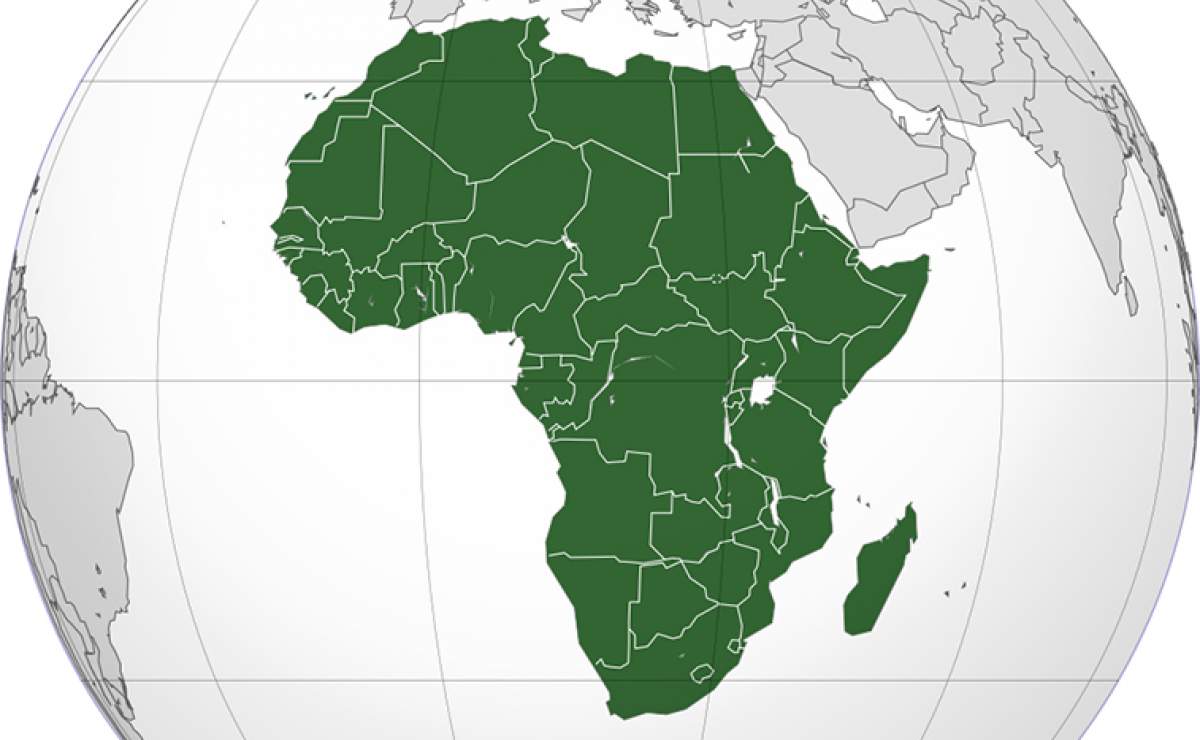Epidemic Plagues in Human History
A famous philosopher, George Santayana once said, “Those who cannot remember the past are condemned to repeat it…” In other words, history repeats. Historically, disease outbreaks have ravaged humanity, often changing the course of history and even threatening the end of entire civilizations. The oldest record of an epidemic is linked to archaeological discoveries unearthed in 2011 at Hamin Mangha, Northern China, where charred skeletons of people believed to have perished through an epidemic some 5000 years ago laid. Many other accounts of pandemics are well documented, the most notable being the Black Death (14th Century), Irish Potato Famine (1852), Spanish Flu Pandemic (1918), Asian Flu (1950s), HIV (1980s), the Ebola Virus Disease (2014-16), and lately the Corona Virus Disease (COVID-19). Regardless of their timing, all these pandemics were lethal, having killed 300 million people cumulatively.
The Corona Virus Disease (COVID-19) has already spread to 210 countries around the world with 3 million infections (32,000 in Africa) and 200,000 deaths. The pandemic has affected the world on an unprecedented scale, shutting down much of the globe and severely constraining international travel, trade and commerce. The agriculture sector has been seriously affected.
Projected impacts of COVID-19 on food systems in Africa
Agriculture generates 15 % (US$ 100 billion) of the continental GDP annually and employs 70% of Africans. This important sector for economic development is however very vulnerable to pandemics. For example, the Ebola Virus Disease caused losses amounting to US$ 2.8 Billion while the UN Economic Commission for Africaestimates that COVID-19 pandemic is likely to costAfrica half its GDP and push 27 Million people into extreme poverty. The vulnerability of African Agriculture to pandemics mainly stems from three reasons. First, the continent is a net food importer, spending a staggering US$ 30-50 billion to import staple foodannually. Second, intra-Africa trade accounts for only 16.6% of total continental trade volume. Last, agri-food systems are dominated by subsistent smallholder producers who face challenges like drought, pests and diseases and technological, infrastructural and financial handicaps amidpoor social support systems.
Consequently, even well-intentioned measures to curb the spread of a pandemic such as border and port closures, curfews, and lock downs inadvertently occasion economy wide effects and serious agricultural supply chaindisruptions. These disruptions lead to job losses, shortages of agricultural inputs, scarcity of food stuffs, huge post-harvest losses, food pricespikesand labour scarcity. These in turn bring about income and welfare losses among vulnerable people, especially those employed in agriculture and the informal sector.
What can policy makers do differently?
It is imperativethat all the measures undertaken during outbreaks are marshalled in a coordinated policy response framework at national and international levels tominimize the disruptionsofAgricultural supply chains. Experiences of past pandemics in Africa and recent lessons from China, the first country to be hit by COVID-19 strongly support the need for establishing “green corridors” for unimpeded flow of goods and servicesin a move that would lessen vulnerabilities of millions of people in countries affected by the pandemic. It is critical for African countries to embrace a policy climate that targets more efficient logistical operations to facilitate seamless movement of inputs and food/medical supplies. As was recently affirmed by the African Development Bank (AfDB), to rebound from the COVID-19 pandemic, Africa must maintain adequate food reserves, avoid protectionist policies and promote value chains that link domestic to international markets. Input access by vulnerable farmers can be facilitated through smart subsidies.
Technological interventions in mitigating impacts of COVID-19
The resilience of the livelihoods of African farmers who constitute nearly 65% of the population will inevitablybe tested during and after the pandemic. Nevertheless, it is our opined view thattechnological innovations can contribute to management of the pandemic and to mitigate its negative impacts.
In managing the disease, the killer blow to COVID-19 pandemic lies more in scientific research and innovations including biotechnology that could deliver a vaccine soon.
In addition, challenges in the food productionand distribution during the outbreak of pandemics can also be addressed through technology. Presently, Africa can access more advanced technologiesto combat farming challenges than at any other time in history. Some of these technologies include high yielding crop varieties that can perform well under drought conditions, can resist pests and diseases and can utilize nutrients more efficiently. Other novel technologies include farm mechanization options and digital agriculture solutions for crop management and knowledge dissemination.
Whereas high yielding varieties can boost countries’ self-sufficient goals and reduce farmers’ vulnerability to pandemics, digital agriculture solutions offer a range of opportunities to COVID-19 related challenges on labour and input supply. Increased sales of agricultural drones in China recently exhibited their usefulness during labour shortage and social distancing situations. Digital agriculture solutions that link farmers to buyers and logistics services could also mitigate impacts of pandemics while shared mechanization servicescan avert reductions in cropped areas caused by labor shortages while increasing production.
Technologies with compelling potential for increasing productivity and dealing with pandemicsare poorly adopted due to lack of an enabling policy, regulatory and institutional environment. Investment in the sector remains very low across the continent. It remains to be seen if the advent of COVID-19 may highlight and test governments resolve to explore the potential usage of technology in addressing the scourge and its impacts.
Marching forward and lessons learned
Although the COVID-19 pandemic is threatening to inflict more pain as most modelling projections seem to indicate that the worst is probably yet to come, there is still hope. Technological advancement leading to better scientific understanding of factors that incubate pandemics havehelped to reduce morbidity and mortalities. What is left is for policy makers to create the necessary incentives to accelerate the use of technologies to improve crop production and avert disruptions to production and marketing systems which is a sure bet towards enhancing the resilience of farmers while cushioningvulnerable individuals.
Dr Emmanuel Okogbenin, the AATF Director of Technical Operations, wrote with Dr Francis Nang’ayo, AATF Head of Regulatory Affairs and Dr. Daniel Kyalo, AATF Policy Specialist.




